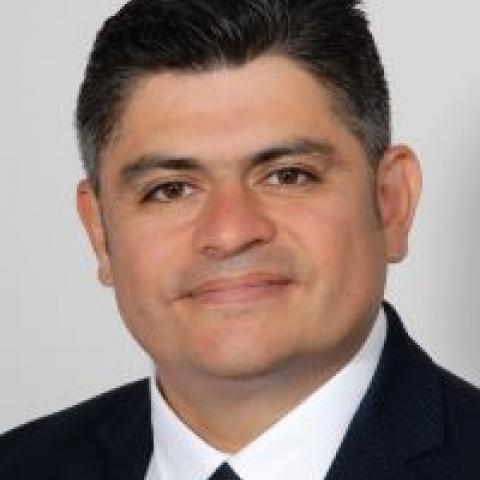Aragua was one of the regions whose production turned Venezuela into the first cocoa exporting country in the world in the 18th century, generating immense wealth for those who monopolized its production and trade. Within this sector were the Tovar family, an endogamic Mantuan family with a large social capital, who held noble titles inherited from the Spanish crown and wielded important political power. In their vast domains they created a "state within the state" by maintaining an iron control over their workers -first enslaved Africans, then peons- which in many respects reproduced the worst times of colonial oppression. They were the archetype of Gran Cacao, but the interest of this research with this family group derives also from their successes in co-opting political power. The Tovars went much further than the other powerful cocoa clans. A signer of the declaration of independence, a first lady, and a governor came from their clan, and in 1860 they took the highest office, the Presidency of the Republic. Based on these elements, this research aims firstly, through a collective biography of this paradigmatic family group of the Mantuan land-grabbing class, to investigate the appropriation and concentration of land in Aragua from the second half of the 19th century until the second decade of the 20th century, the consequent generation and accumulation of wealth, as well as the circumscription of these large estates within the global economic structures. Secondly, to determine the influence of the Tovars in the configuration of national political power, analyzing in the process the socio-cultural notions of the Venezuelan Mantuan class in the justification/legitimization of their immense wealth and power. Finally, to explore the socio-environmental, ethno-racial conflicts and the ruptures generated in this process of land grabbing in Aragua.


